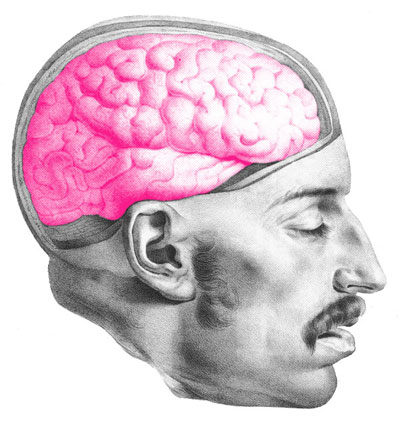 This is another one of those cornerstone pieces I should have written a long time ago. It is about addressing all the misconceptions that will come about reading my posts. Well, maybe not all of them but at least put things in perspective. [There are other things I should be doing now rather than writing this, but life is a crazy place.]
This is another one of those cornerstone pieces I should have written a long time ago. It is about addressing all the misconceptions that will come about reading my posts. Well, maybe not all of them but at least put things in perspective. [There are other things I should be doing now rather than writing this, but life is a crazy place.]
Much is made of the gender difference, and the “war of the sexes”. Sadly, this middle class “Western” obsession is killing society. We are obsessed by appearance. I don’t just mean fashion, clothes, hairstyle or any other the other parts of the extended phenotype; we are fixated by the phenotype itself. Simply put’ we’re bothered if you are male or female.
We base huge assumptions on a facet of people. Feminists decry that they are treated badly based on this poor generalisation. However, they are in danger of perpetuating the root of this problem by their very behaviour. I perceive you treat me based on my phenotype therefore I shall filter all your actions on the assumption that they are motived by my phenotype.
Its easy to berate people for this behaviour on the grounds that there is an ethical imperative not to be sexist. There is an appeal to our sense of fairness that people should be treated ‘equally’ without bias based on their gender. However, to achieve that we need to understand the reasons why we seem to get caught in this stereotyping trap, personally and as a society.
Our first stumbling block is our brains need to generalise data. When we’re being kind we call it learning. Put another way, to handle everything we meet in the world we make assumptions that something that seems like X will behave like X. We do this for everything from cups to balls to walls to people. Until we have reason to create a unique mental space for an object, and that includes people, we generalise behaviour to save on the effort it takes to work out how it will behave. And we are inherently lazy; especially for mental processes.
The advantages of generalisation are enormous and we wouldn’t want to get rid of it. So, why do we have this male-female divide? Simply we are highly impacted by visual input. Thus, someone’s phenotype; gender, hair colour, skin colour, height, etc.; influences our initial generalised opinion of them. That opinion might be further adjusted by their extended phenotype; clothes, hairstyle, car, friends, etc.
If we come back to just the impression we based solely on their gender we will undoubtedly be wrong more often than we are right in a modern world. Largely this is because men and women are both perfectly capable of activities that are mentally based. However, what about behaviour rather than just capability?
Sadly, we make the behaviour assessment based on gender phenotype when we should be doing it based on brain structure. Barbara & Allan Pease in Why Men Don’t Listen and Women Can’ Read Maps examined brain activity of people during different mental exercises. What they found was there is two broad categories of brains; male and female. The quirk is that the brain type does not match the gender/phenotype as often as our generalised (phenotype) model would like.
Thus, our behaviours and abilities; listening and map reading, for example; are not matched by the visual phenotype as often as we like. It does mean that the exceptions to the rule; men with female brains or vice versa; often feel an intense sense of persecution as their mental skills and behaviour patterns are contradicted by their expected behaviour.
Our ability to generalise saves us a huge amount of mental effort. What we do need to learn is to use it as guide and know when to walk away when its not working. We also need to recognise when the gender generalisation is being used to avoid writing reams of words to list every exception rather than find the unintended sexism that is inherent in generalisations. Practise not being offended; try a touch of tolerance and listen to the message not any unintended subtext.
Our personal and cultural gender stereotypes are there as guides and are not rules. True feminism needs to teach men, and women, not to be lazy with their thinking and remember that. It also needs to be borne in mind when reading this blog that in relationships the male and female (phenotype) role maybe reverse compared to what is written here. I am a man and tend to think in the first person, so I will undoubtedly show a male gender bias in my writing. Before you shoot me, ask; am I any different?
This post could have been called “Don’t judge a book by its cover”. That would have been lazy and you need to think when you read this (and anything else) and realise it is a guide written from my view of the world. You need to read things not as black and white nor to believe that I see the world in a simple black and white way. Remember; only the Sith deal in absolutes.
PS: I’ve not read it (yet); but the book about gender stereotypes should be of interest, too. Pink Brain, Blue Brain









